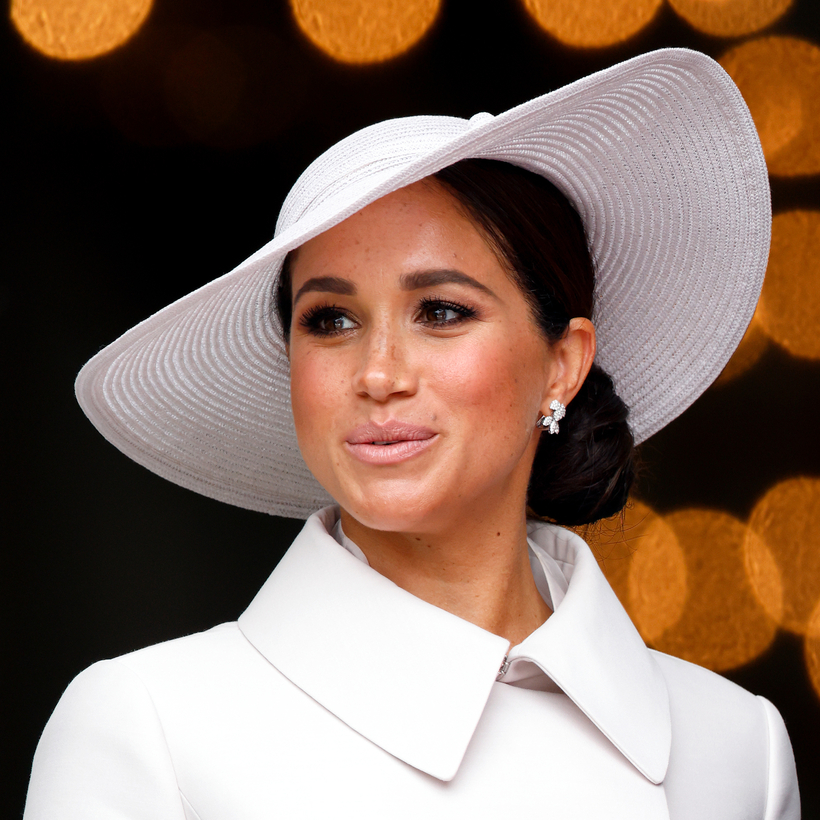Meghan, Duchess of Sussex’s new podcast Archetypes is, so far, argumentatively flimsy, glossily vacuous and showily self-serving. None of that feels surprising. What is shocking is how many people have worked towards creating something so noisily inconsequential.
The credits list 13 producers: nine executive producers (one of whom is Meghan), two producers, one senior producer and one associate producer. Several of these have assistants. Two people are even thanked for “booking”, although the pretense is that Meghan is zooming pals. Altogether I counted 29 people. There is only one “executive editor”, which feels a clunking mistake; for all this “talent”, the show is overproduced yet uneven.

